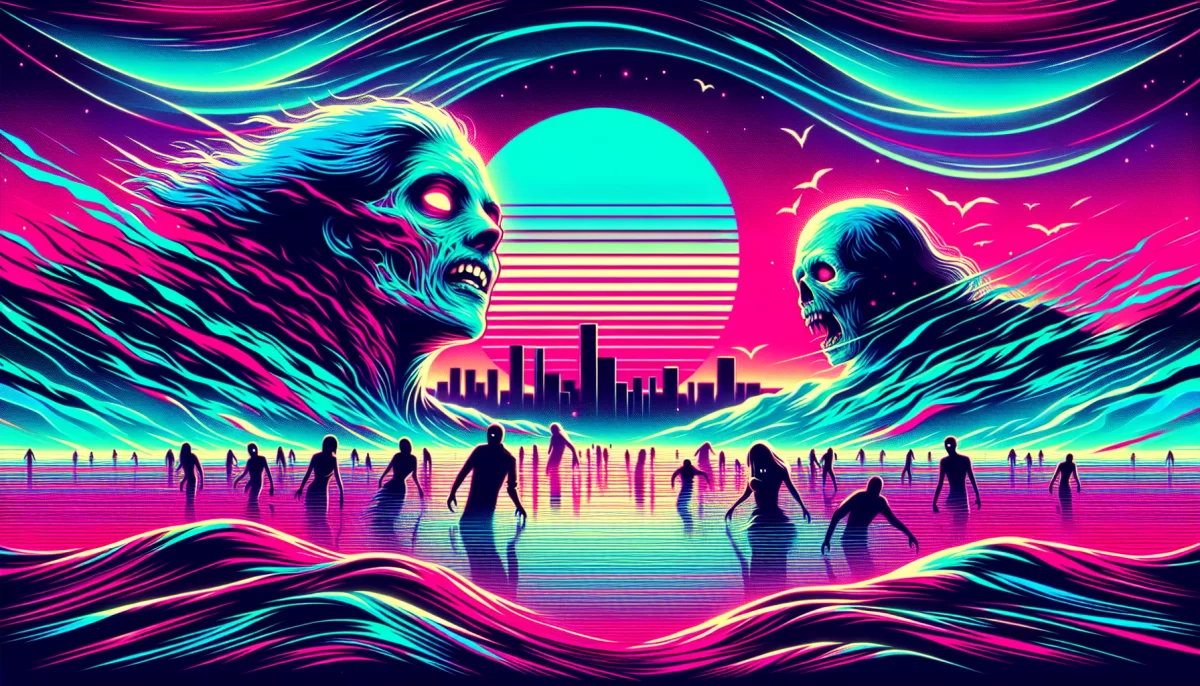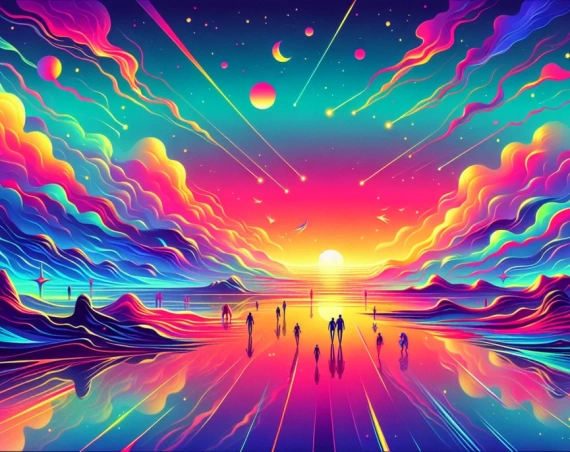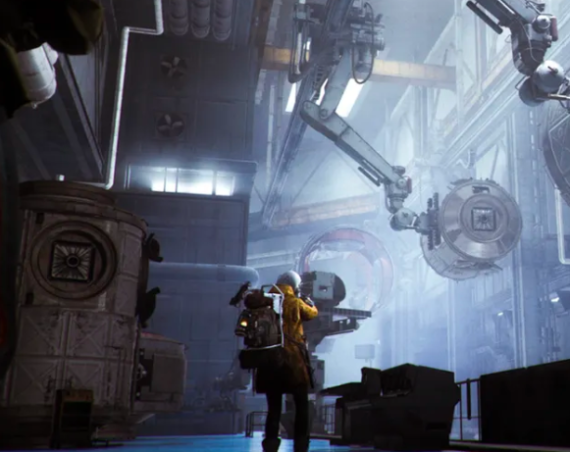
Stephen King on How The Texas Chainsaw Massacre Haunted Him
Stephen King, one of the most acclaimed horror writers in modern history, known for his chilling works like IT and Carrie, recently shared a personal revelation: the 1974 film The Texas Chainsaw Massacre profoundly unsettled him. Despite his extensive experience with horror, King confessed that this particular movie managed to get “its cold little fingers under [his] skin,” illustrating the film’s powerful and enduring effect, even on an expert of the genre.
King’s First Encounter with the Iconic Horror Classic
In a candid interview with Variety, King recalled the first time he experienced Tobe Hooper’s seminal horror masterpiece. Interestingly, he did not see the film when it was initially released in 1974. Instead, his private viewing occurred in 1982, in a nearly empty theater in Colorado. At that time, King was a young father, struggling to keep his writing going amid financial pressures.
“I should say that I never saw The Texas Chainsaw Massacre when it came out. I saw it in 1982 in Colorado. I was a young father, and I was writing to stay ahead of the bill collectors. I was in the theater almost by myself. That’s when a movie really has a tendency to work on you, to get its cold little fingers under your skin.”
What Makes The Texas Chainsaw Massacre a Horror Masterpiece
King praised the film for its uncompromising realism and gritty aesthetic, which significantly contributed to its disturbing impact. The print he saw had a washed-out, ’70s quality that enhanced the raw, unpolished atmosphere, lending an eerie authenticity to the story.
- Realism over Artifice: Unlike many horror films, the movie avoids elaborate character development or stylized scares, focusing instead on unsettling atmosphere and genuine fear.
- Authentic Casting: King noted that even minor characters, such as the graveyard scene extras, appeared as ordinary, local people, not Hollywood actors, adding to the film’s immersive quality.
- Timeless Fear Factor: The film’s depiction of violence and horror feels stark and unembellished, making it a powerful and lasting influence across decades.
This focus on raw horror without the usual cinematic gloss is likely a significant reason why The Texas Chainsaw Massacre has maintained its reputation as one of the greatest horror films ever made, according to critics and audiences alike.
The Texas Chainsaw Massacre’s Enduring Legacy in Horror
Since the original film, the franchise has seen numerous sequels, reboots, and spin-offs, though none have quite recaptured the haunting realism of Hooper’s vision. Currently, there is buzz surrounding a new Texas Chainsaw Massacre television series, reportedly in development by A24 and led by screenwriter J.T. Mollner, who also worked on the Stephen King adaptation The Long Walk.
Meanwhile, actor Glen Powell has shown interest in the franchise, highlighting the continued cultural relevance and potential for new creative directions within this iconic horror saga.
Insights from Industry Experts
- Hollywood’s growing interest in revisiting classic horror IPs signals a renewed appreciation for legacy horror films like The Texas Chainsaw Massacre.
- Shows like Hulu’s Castle Rock have demonstrated that King’s works and themes resonate strongly with modern audiences, encouraging further adaptations and original works inspired by his style.
- Recent psychological horror trends emphasize atmosphere and realism, echoing the foundational approach of Hooper’s work.
Why Stephen King’s Reaction Matters
Stephen King’s acknowledgment of being genuinely horrified by The Texas Chainsaw Massacre adds significant weight to the film’s status. As a master storyteller who has terrified readers worldwide, King’s fear underscores the effectiveness of Hooper’s seminal film. It highlights how horror that eschews spectacle for stark realism can leave an indelible impact on audiences, including those well-versed in the genre.
Conclusion
The Texas Chainsaw Massacre remains a benchmark for horror realism and impact, distinguished by its gritty storytelling and unvarnished portrayal of terror. Stephen King’s personal account of its chilling effect exemplifies the film’s unique power to influence and unsettle, transcending generations of horror enthusiasts. With new creative projects underway, the legacy of Leatherface and the Sawyers is poised to continue haunting screens in new ways, reaffirming the film’s enduring place in horror history.
Key Takeaways:
- Stephen King was deeply unsettled by The Texas Chainsaw Massacre, a film he saw years after its release yet found profoundly realistic and terrifying.
- The film’s washed-out ‘70s cinematic style contributes to its authentic, unsettling atmosphere.
- The franchise’s legacy endures through numerous sequels and upcoming projects from notable creators.
- King’s admiration anchors the film’s influence within the horror genre and beyond.
References:
- Variety Interview: Stephen King on The Texas Chainsaw Massacre
- Rotten Tomatoes: The Texas Chainsaw Massacre (1974) Ratings
- Horror Studies Journal, 2024: “The Impact of Cinematic Realism in Early Slasher Films”
- Hulu – Castle Rock Series Analysis, 2023


